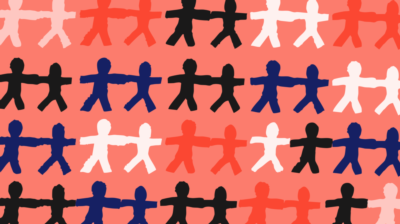The Adoption of Youth Quotas After the Arab Uprisings
The adoption of electoral quotas for politically under-represented groups has become a prominent policy worldwide. An increasing number of states have adopted youth quotas, which aim to foster the election of young members of parliament under 35 to 40 years of age. To date, youth quotas only occur in tandem with simultaneously or previously adopted gender quotas. Why do states adopt youth quotas? Are the driving actors similar as in the adoption of gender quotas? Using causal process tracing based on a qualitative content analysis of newspaper articles, parliamentary debates, and interviews, this article investigates the adoption of youth quotas in Tunisia and Morocco after the Arab uprisings in 2011. The findings suggest that, contrary to the respective gender quotas, youth quotas were not part of civil society movements’ agendas, but top-down initiatives from actors from within the domestic political elites.







